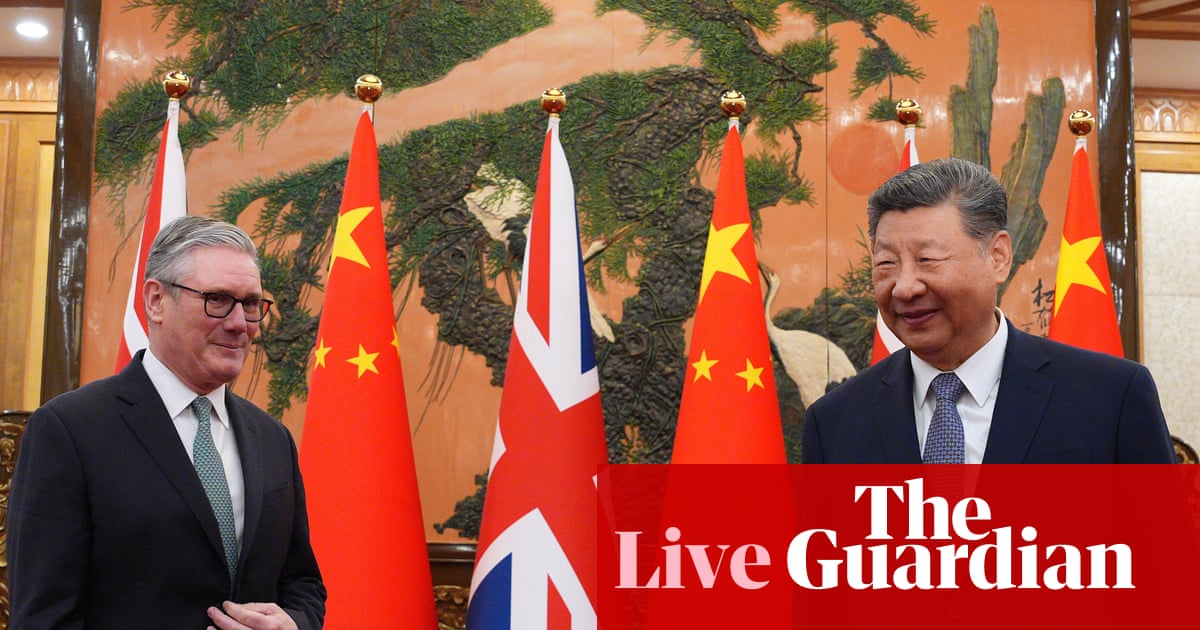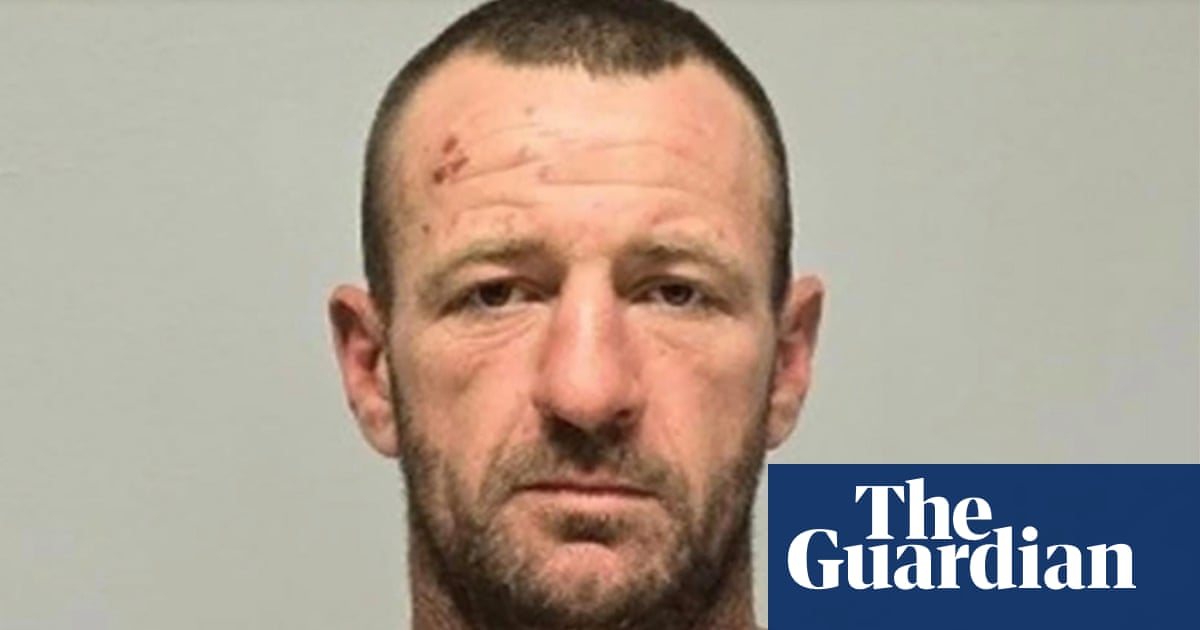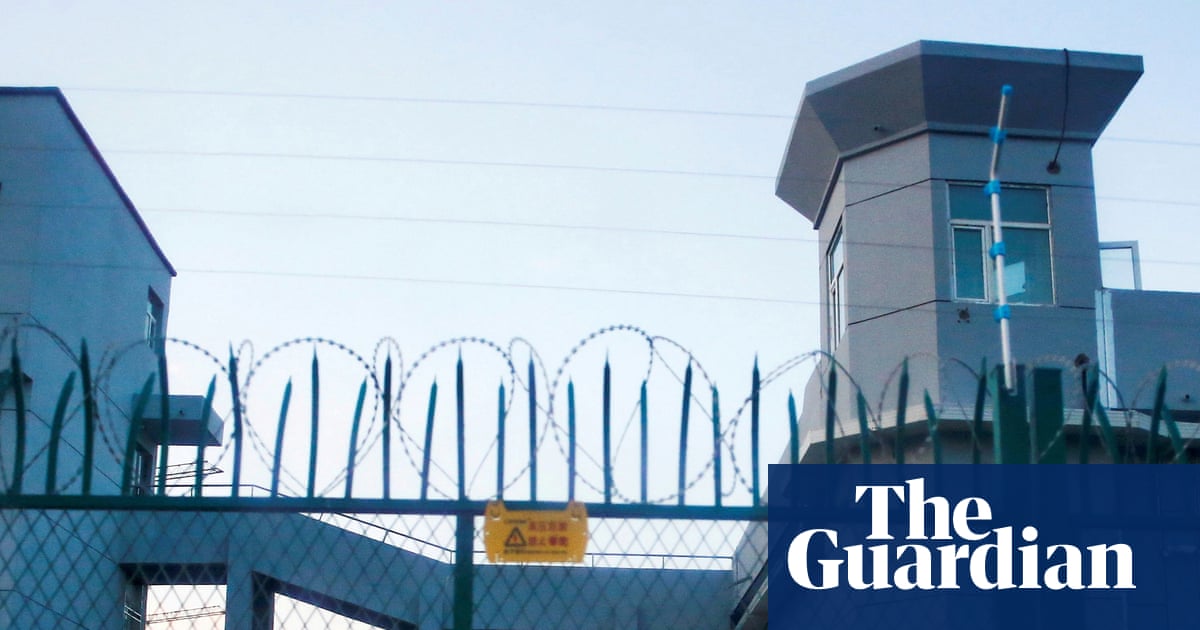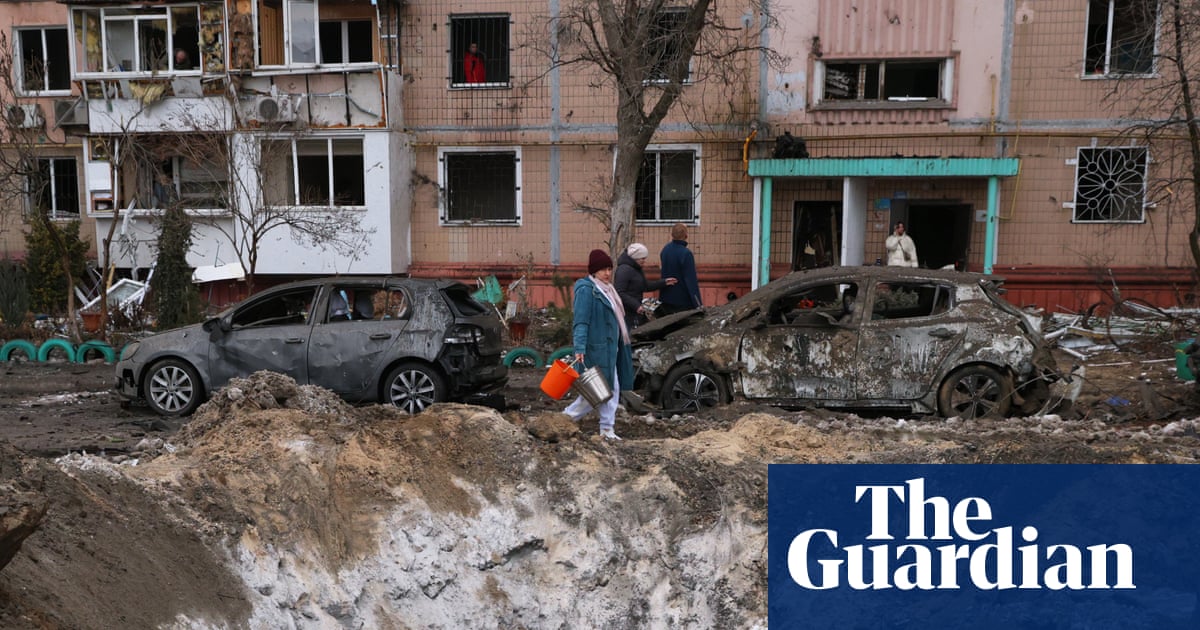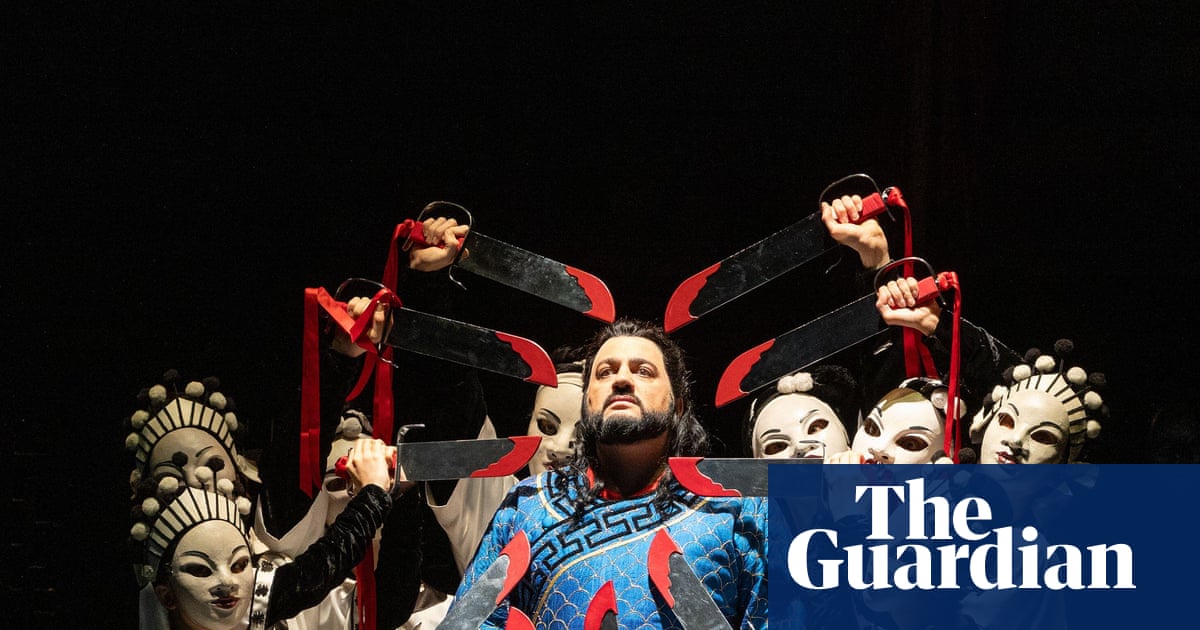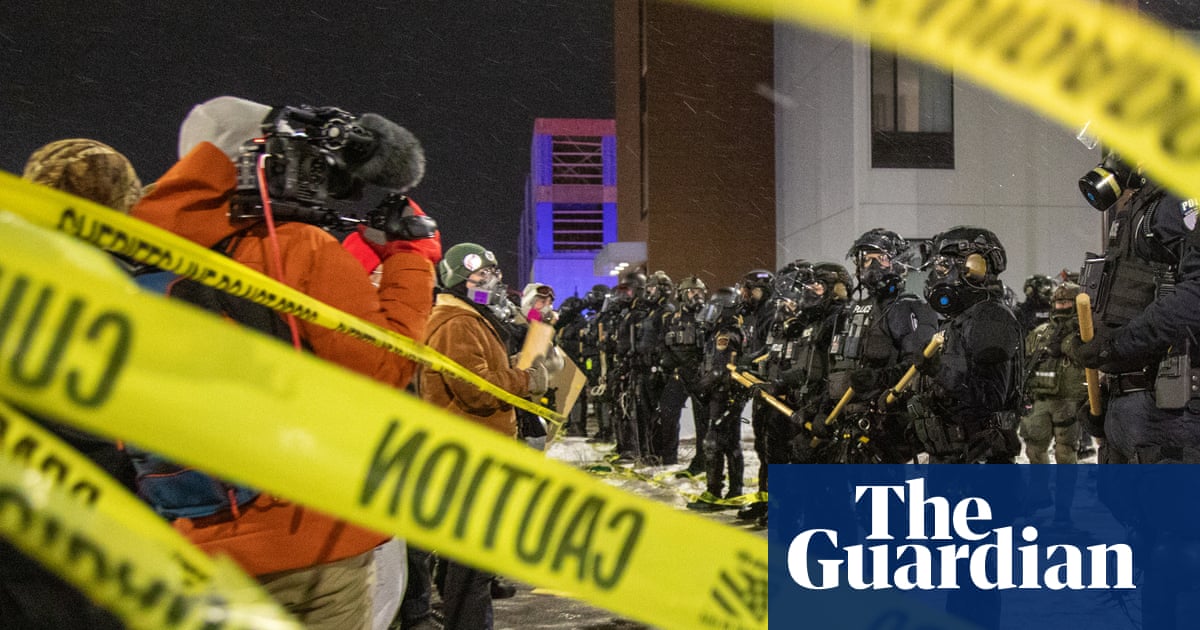Thousands of protesters have gathered in the Rio favela that this week suffered the deadliest police operation in Brazilian history to demand an inquiry into the killings and an end to security policies that have turned working-class neighbourhoods into “war zones”.
At least 121 people, including four police officers, were killed on Tuesday during a police assault on the Complexo da Penha and the Complexo do Alemão, two large tapestries of favelas in north Rio. The operation made global headlines when scores of mutilated bodies were dumped at the entrance to one of those favelas.
On Friday afternoon, white-clad demonstrators gathered on Vila Cruzeiro’s football pitch to condemn the violence and demand the removal of Rio’s rightwing governor, Cláudio Castro, who ordered the offensive. One woman wore Brazil’s green and yellow flag over her shoulders, stained with red paint.
“We don’t want a Rio de Janeiro of blood. We have to stop this blood that is being spilled in Rio de Janeiro,” protester Raimunda Leone, who lives in a nearby community called Chapadão, told the favela news agency Voz das Comunidades. “No mother wants to see her son splayed out on the ground, riddled with bullets.”
As the group proceeded through the community’s bullet-pocked streets singing and chanting, its leaders raised a banner that read: “Favela Lives Matter.”
“All of us feel devastated,” said Jurema Werneck, the director of Amnesty International Brazil. “It’s so sad to see what’s happening in our communities. It’s terrible what the people who live there are going through … Those who live in war zones will understand this pain, this despair and this revolt.”
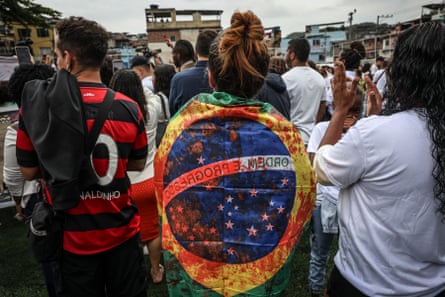
Earlier in the day, security bosses defended their operation, with the civil police chief, Felipe Curi, calling it a legitimate response to the “expansionist fury” of the Red Command drug faction, whose heavily armed foot-soldiers control the region.
“We’ve had incredible feedback about the operation from favela residents, praising [us], congratulating [us] – and asking for more operations like these,” Curi claimed, insisting police had dealt a “severe blow” to the crime group and come “within a whisker” of catching its local boss.
Curi claimed 78 of the 99 dead so far identified had some kind of criminal background. In an apparent sign of the Red Command’s growing reach across Brazil, at least 21 of those killed were from three Amazon states: Amazonas, Pará and Mato Grosso.
But at Friday’s demo, there was anger as locals and civil rights activists denounced what they called a massacre targeting the deprived favelas, that have predominantly black populations.
“Their pain is my pain,” Priscila Barros, a resident of a favela called Jacarezinho, told Voz das Comunidades, holding up a poster reading: “Basta!” (Enough!). Until this week, Jacarezinho held the record for the deadliest police operation on record, with 28 people killed there in May 2021.
“I’d never seen this number of bodies at the same time and I hope I never see it again,” said Werneck. “Cláudio Castro has blood on his hands – and it’s not the first time. But this time he went well beyond what we could have imagined.”
Security experts have also condemned the operation as a pointless bloodbath that would do nothing to end Rio’s 40-year-old drug conflict.
Silvia Ramos, the coordinator of Rio’s Centre for Studies on Public Security and Citizenship, called the “disastrous, tragic and savage” favela crackdown “an international disgrace”.
Ramos said many thousands of “poor, young, black men from the favelas” had been gunned down since the 1980s, during countless police operations that had failed to bring lasting peace. “[Rio’s governors] know, and we know, that this [operation] will change absolutely nothing, not an ounce, when it comes to the Red Command’s standing in Rio or in Brazil … In a month’s time, the Red Command will be just as organised, or perhaps even more organised, than it was before,” Ramos predicted.
Cecília Olliveira, a security specialist whose group, Fogo Cruzado (Cross Fire), monitors armed violence, called the operation “a portrait of a government that has substituted policy with spectacle”.
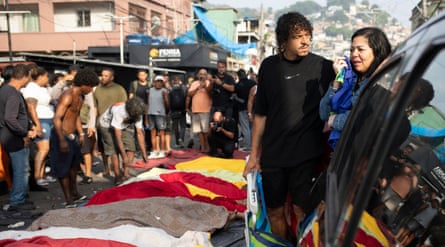
Yet while many are outraged by this week’s massacre, a large chunk of Brazilian society and its media has applauded the killings, as have many prominent rightwing politicians positioning themselves as hardline “law and order” candidates before next year’s general elections.
On Thursday, several conservative presidential hopefuls flew to Rio to give the operation their blessing.
“In my opinion it has been incorrectly called the deadliest [operation] when it should be considered the most successful,” said Romeu Zema, governor of Minas Gerais, Brazil’s second most populous state.
Castro said authorities had no choice but to “neutralise” rifle-toting “narco-terrorists”. “I challenge anyone to carry a rifle in any city like Paris, London, Barcelona, New York or Frankfurt, and to try to stay alive for more than 20 or 30 seconds. In these places, someone with a rifle is considered a terrorist,” Castro told reporters.
Curi said security chiefs had “nothing to hide”, amid claims many of those killed were summarily executed. One dead man had been decapitated, his head displayed on a tree in the hills above Vila Cruzeiro.
Curi denied security forces were responsible. “Who said it was police who chopped the head off?” he said, alleging traffickers might have beheaded the man “in order to get the attention of the press”.

 2 months ago
57
2 months ago
57
